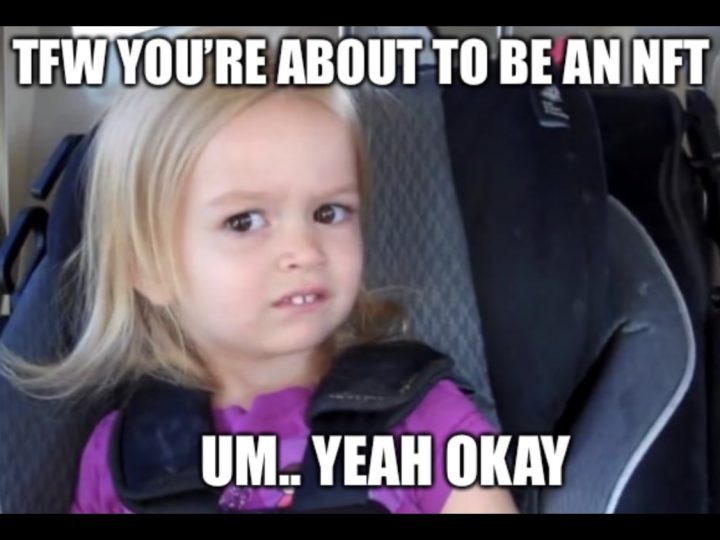Collins Dictionary Names “NFT” As Word Of The Year, Amongst Other Gen Z Terms Added To Top 10 List
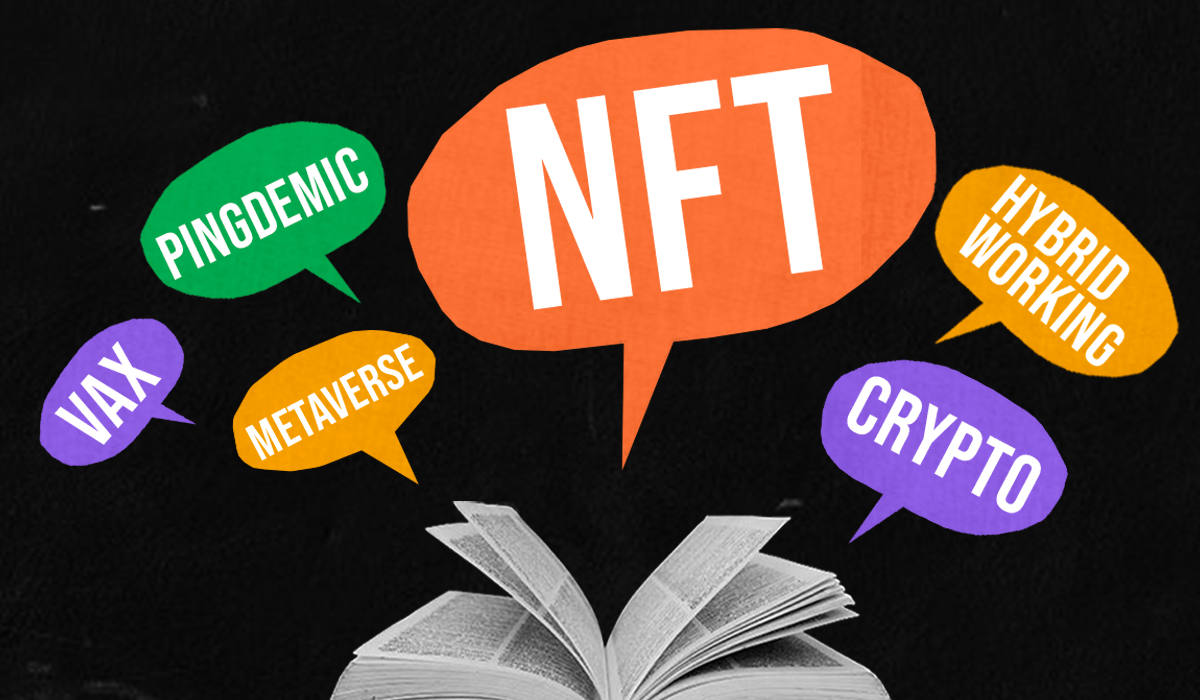 Thirsty for JUICE content? Quench your cravings on our Instagram, TikTok and WhatsApp
Thirsty for JUICE content? Quench your cravings on our Instagram, TikTok and WhatsApp
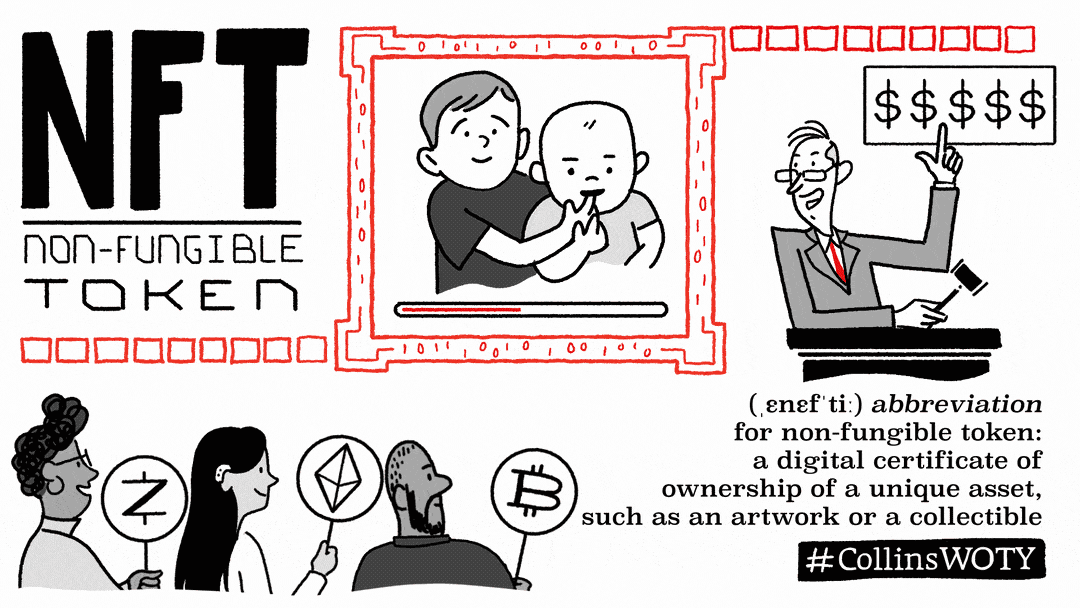
NFTs have had quite a year. They’ve rejuvenated the art industry by billions, and entire NFT museums have sprung to the scene. In Malaysia, artist Visithra Manikam who was previously discriminated, has sold NFTs to Snoop Dogg and is now a millionaire.
NFTs have also come under immense scrutiny for their environmental impact.
To add to this staggering rise, Collins Dictionary has just named NFT as its Word Of The Year (WOTY).
BREAKING NEWS The Collins Word of the Year is… NFT.
Find out more about #CollinsWOTY 2021 and see the full list here: https://t.co/gmsnCqA0yv#wordoftheyear #CollinsDictionary #NFT pic.twitter.com/XPhUM7oIoZ
— Collins Dictionary (@CollinsDict) November 24, 2021
As you might have already noticed, this selection is an interesting one because it’s not really a word at all, but rather an acronym for “non-fungible token.”
Collins defines it as “a unique digital certificate, registered in a blockchain, that is used to record ownership of an asset such as an artwork or a collectible.”
“It’s unusual for an abbreviation to experience such a meteoric rise in usage, but the data we have from the Collins Corpus reflects the remarkable ascendancy of the NFT in 2021,” said Collins Learning managing director Alex Beecroft.
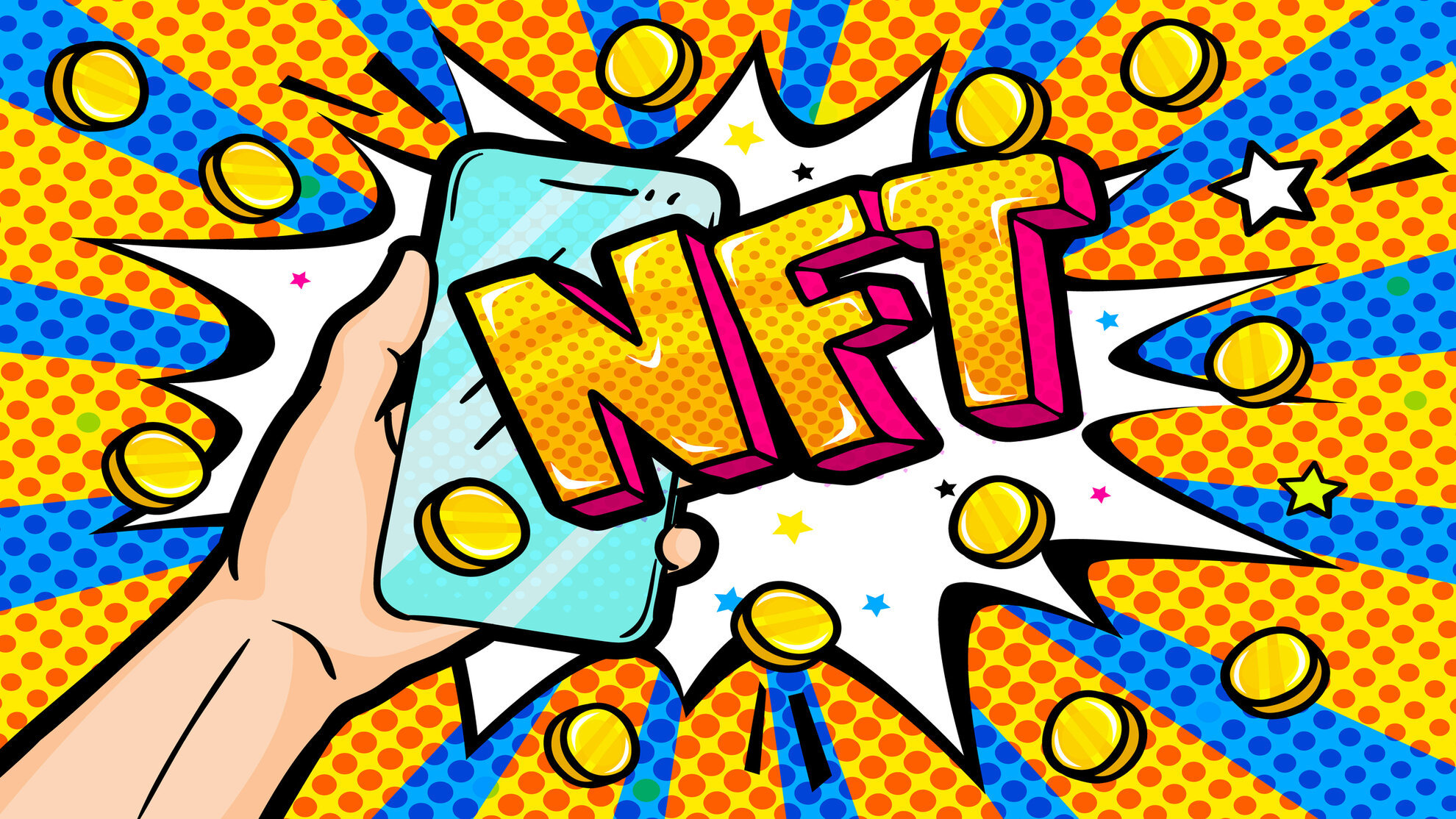
“NFTs seem to be everywhere, from the arts sections to the financial pages and in galleries and auction houses and across social media platforms. Whether the NFT will have a lasting influence is yet to be determined, but its sudden presence in conversations around the world makes it very clearly our word of the year.”
Last month the Oxford English Dictionary named “vax” as its word of the year, noting that in September the usage of the word was up more than 72 times from the previous year.
NFT beat two other tech-based words on Collins’ shortlist of 10 words of the year: “crypto,” the short form of cryptocurrency, usage of which is up 468% year on year, according to Collins, and “metaverse,” a term coined by Neal Stephenson in his 1992 novel Snow Crash.
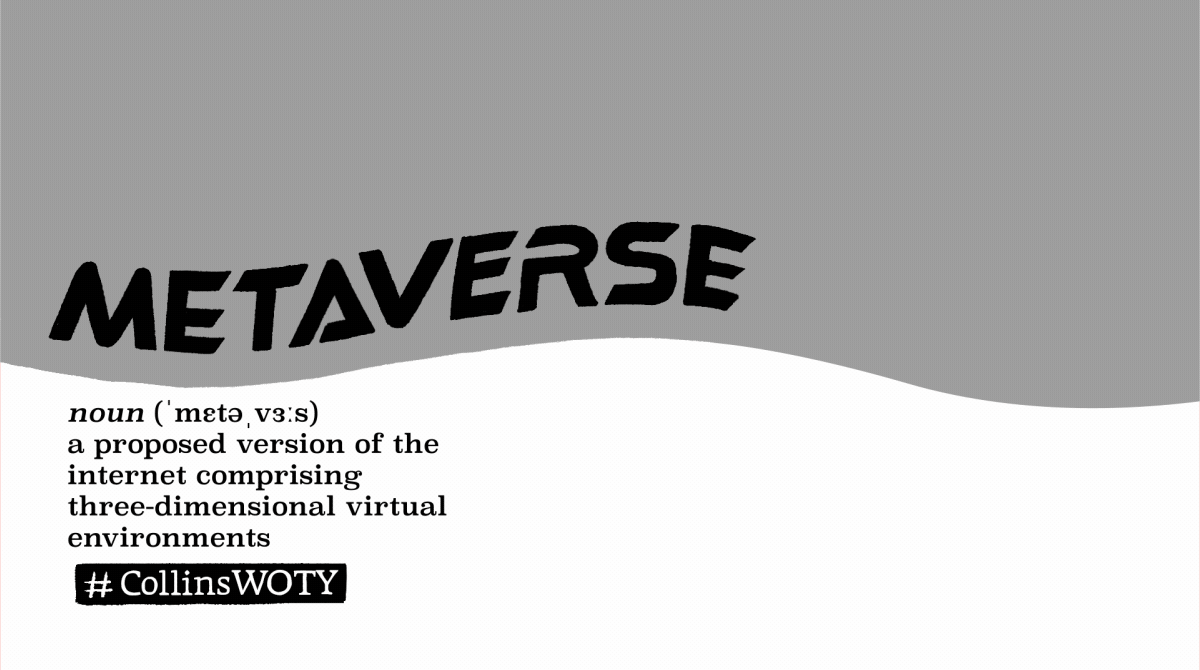
Describing a three-dimensional virtual world – such as that planned by Meta, Mark Zuckerberg’s rebranded Facebook company – “metaverse”’s usage has increased 12 times since 2020.
Other words and phrases in the running included the Covid-focused “pingdemic”, “hybrid working” and “double-vaxxed,” while “climate anxiety” also made the list, reflecting growing concerns about climate change.
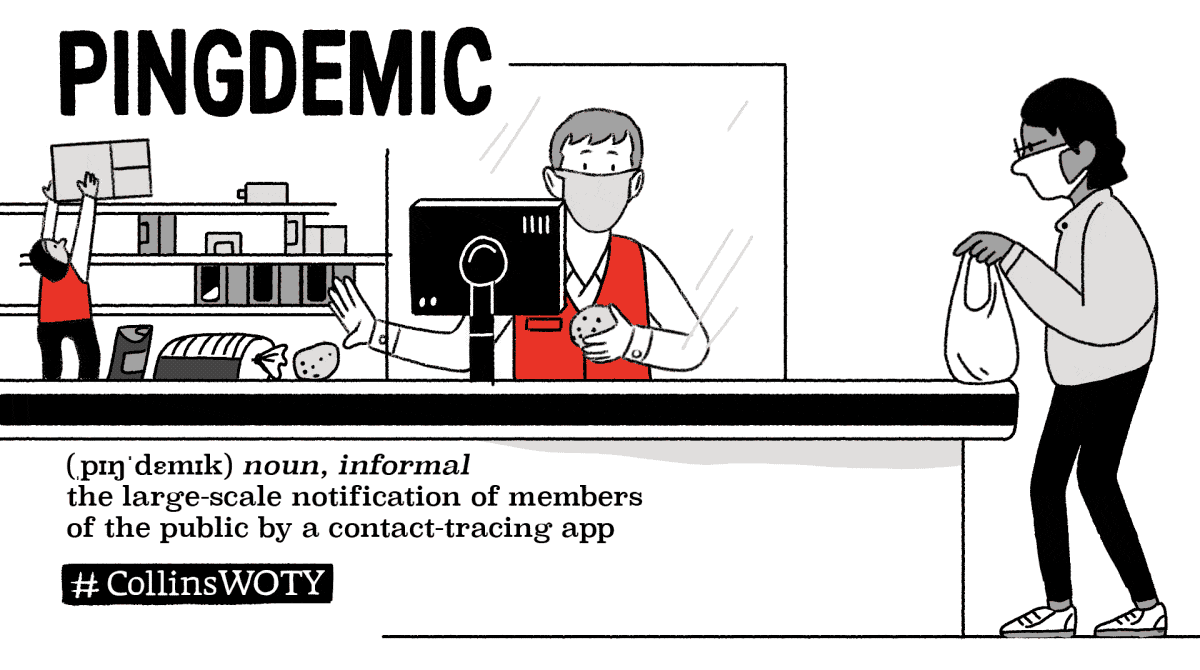
Collins also noted a rise in the use of “neopronoun,” thanks to ongoing conversations over gender and the representation of trans and non-binary people; it defines the word as “a recently coined pronoun, especially one designed to avoid gender distinctions”.
Collins chose “lockdown” as its word of the year in 2020, and “climate strike” in 2019.
Check out the full list here! Who knows what next year’s WOTY will be… Yassify, anyone?


 Get Audio+
Get Audio+ Hot FM
Hot FM Kool 101
Kool 101 Eight FM
Eight FM Fly FM
Fly FM Molek FM
Molek FM